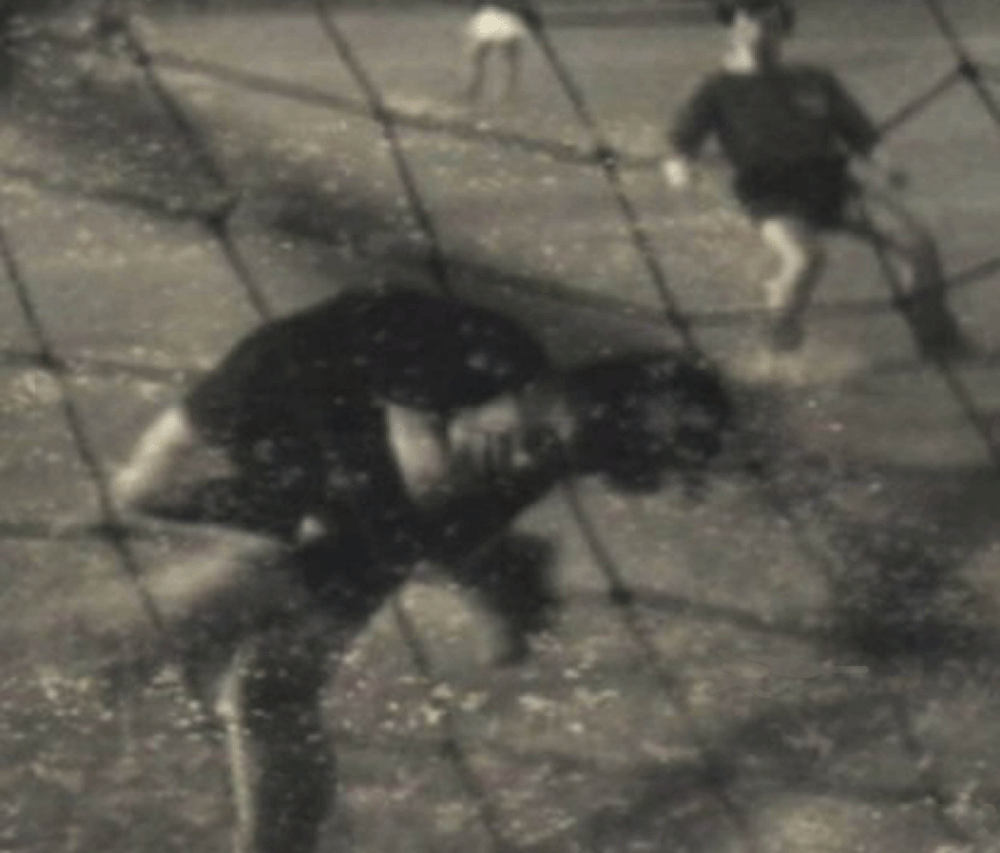By Marco Cillario
CLAUDIO Ranieri started his football career in Italy as “the bungler” but is now referred to as “King of England”.
Those who knew Ranieri as a teenager in his home city of Rome have shed fascinating new light on how the Leicester City manager used sheer will and determination to begin his climb to the top.
Ranieri, the son of a butcher, was born in Rome in 1951 and grew up in the working-class neighborhood Testaccio in the Italian capital, where his father had a little shop. Many in the area remember the time when he used to help out in the family’s activity, mainly by making meat deliveries on a Lambretta scooter.
At 15 he started playing football in a team of youngsters from the nearby neighbourhood San Saba.

Marco Di Tillo, a member of that team, recalls the day Ranieri joined them in 1967: “He parked his Lambretta and entered the pitch while we were training. He took the ball in his hands and asked if he could play with us. He sounded so determined that nobody could say no.”
He wanted to play as a striker, but the team needed a goalkeeper. To convince him to accept this role, Giuliano Turchetti, who acted as team manager, told him: “Play as a keeper, it’s better: from the goal post you can keep an eye on everything and learn the tactics. You never know, it might be useful one day.” Recent events prove he was right.
“As a goalkeeper he would scream to every teammate, giving instructions and advice,” says Di Tillo.
Around that time, Ranieri started to be known with the nickname “Er Pecione”, which in English could be translated as “the bungler”.
“He played football, he played basketball, he worked as a delivery boy for his father’s shop, he also worked in the newsroom of a little local free newspaper – he was in charge of the ‘jokes’ section: he did a lot of things, but you wouldn’t say he was excellent in any of them,” explains Raffaele Pontecorvi, another member of the team.
Still, he was a “tough guy” and “incredibly determined”.
“He wasn’t afraid of anyone. On the contrary, the others were afraid of him,” adds Di Tillo. “He was tall and knew how to defend himself. It was better to have him as a friend than as an enemy, that’s for sure.
“Playing as a goalkeeper he would jump on the ball to get hold of it, and sometimes, instead of taking the ball, he would punch someone else’s face.”

Once, after watching a game between Italian and Polish national football teams at the Olympic Stadium in Rome, he told his friends: “One day I will play in this stadium.”
His friends laughed at him at the time. “I told him he probably had had too many cokes that day,” says Di Tillo, who was sitting next to Ranieri that day at the stadium.
But from then on, Ranieri started devoting himself to football 24 hours a day. “Apart from playing football and training with us, he wouldn’t hang out with the other kids very much,” says Pontecorvi. “He was quite reserved and dedicated himself to football all the time.”
It was thanks to his determination that he managed to start his career as a professional footballer.
One of the places where he made his meat deliveries was Helenio Herrera’s house on Aventino Road. Herrera was AS Roma football team manager at the time.
“One day, during a delivery, Claudio asked Herrera if he could make an audition for Roma,” says Pontecorvi. At first, Herrera wouldn’t even reply, “but Claudio insisted so much and for so many days that he accepted in the end.”
The audition was successful, and Ranieri started his career with AS Roma, first playing in the youth team as a striker and then moving on to play as a defender in Serie A when he was 22.
He then became a manager in the late Eighties, but he never succeeded in winning any national titles. Until, following a disastrous performance with the Greek national team, he was appointed at Leicester City. It is there that, at 62, “the bungler”, the clumsy but determined son of a butcher, became “King of England”, as the Italians call him now.

